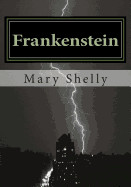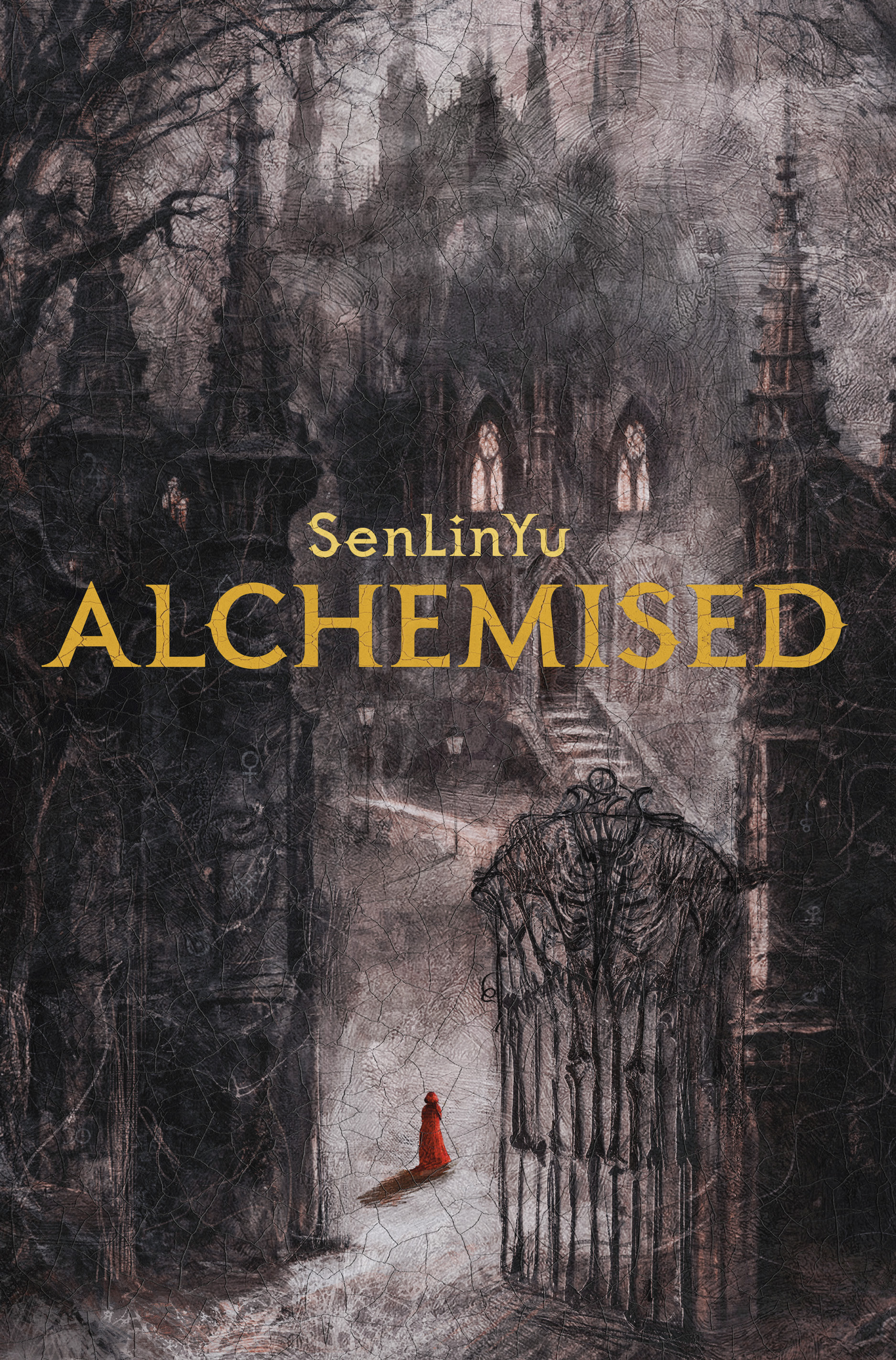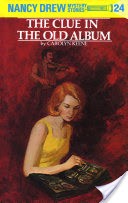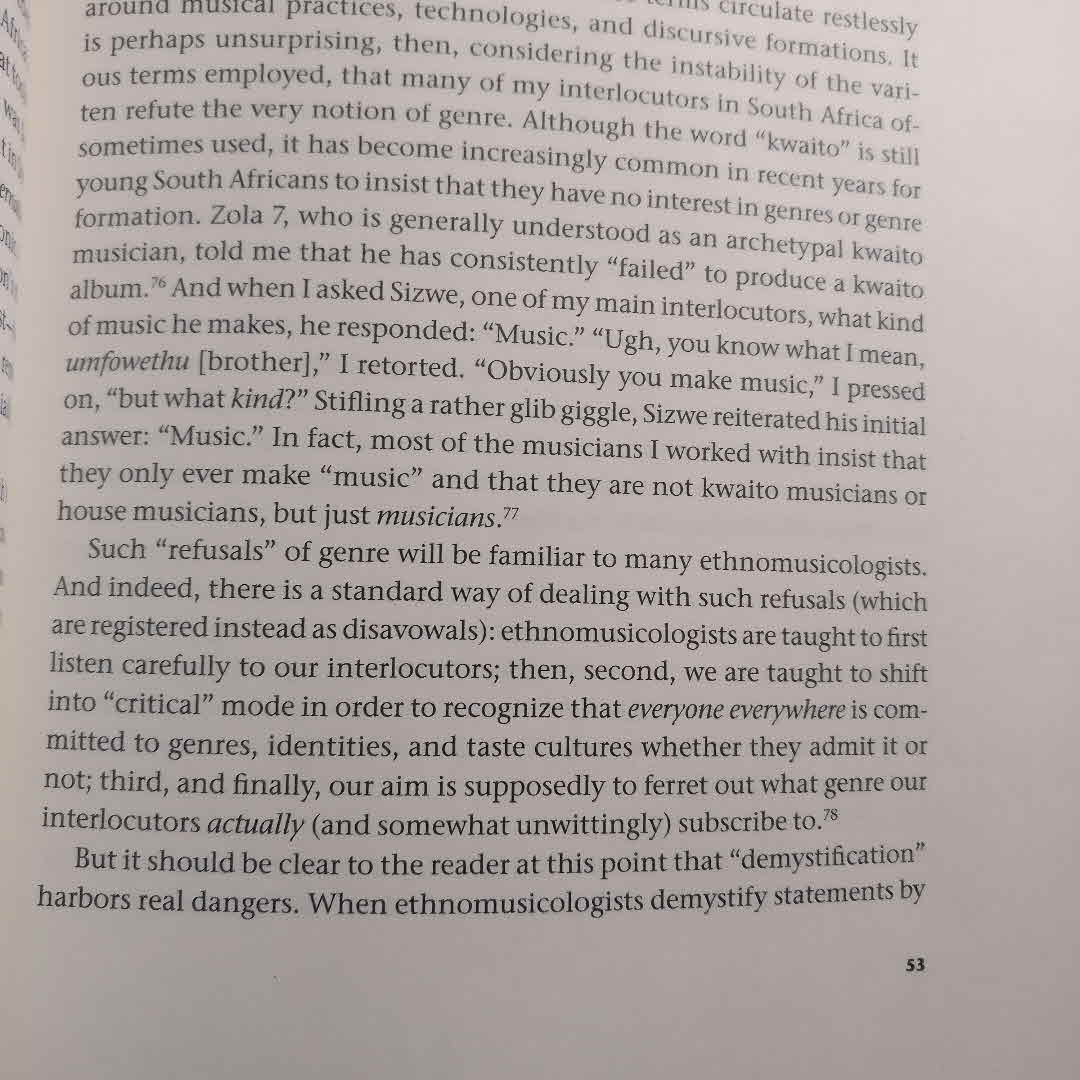This book features an ethnography of astounding richness about a genre that captured the world music blogosphere a few years ago. I found it to be incredibly astute and worthwhile. It's too bad that the author chose to spend so much space picking a fight with Critical/"New" Musicology. That fight was litigated decades ago. That Steingo kept returning to it throughout the book was odd and frustrating. Sadly, it detracted from the book's power.



















